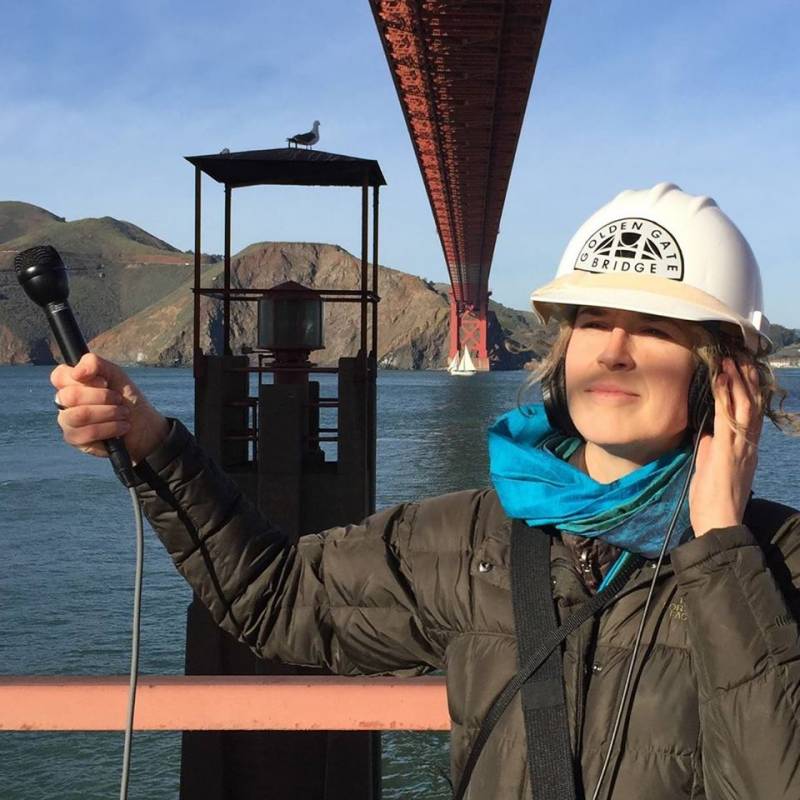San Francisco, CA — Deep Look, KQED’s award-winning YouTube science and nature series, welcomes Laura Klivans, a KQED science and health reporter, as its new host. Deep Look also bids a fond farewell to Lauren Sommer, previous host and environment reporter at KQED who has moved on to cover climate change for NPR’s Science Desk.
“We’re elated to have Laura bring her sharp and rigorous science writing, in-depth health expertise and charismatic voice to Deep Look," said Craig Rosa, Deep Look’s series producer. “Laura was a natural choice to take over from Lauren since the Deep Look team had already worked with her before as a guest host on ten previous episodes.”
Klivans kicks off her new role with an episode all about how fleas survive by jumping off the ground and onto a host titled, A Flea's Fantastic Jump Takes More than Muscle. Their leap is 100 times faster than the blink of an eye. Other upcoming Deep Look episodes that Klivans is working on include amazing stories about mosquitoes, freshwater mussels, and walking sticks.
“I’m excited to bring my background as a health reporter into this new role and to work with the Deep Look team to highlight stories that look at the intersection of how amazing nature is and the larger issues of climate change,” said Klivans. She’s interested in learning how the small creatures of Deep Look can be part of a solution to climate problems.
Klivans’ favorite Deep Look video so far is the 100th episode — all about kidnapper ants — which premiered in September 2019. “It’s just such an amazing battle that you would never see or think about or know about without this macro-footage that Deep Look provides,” Klivans said. “That episode highlights what I really love about Deep Look. It uncovers something that is just beneath the surface or is just happening around us that we’re not even aware of. It also connects a story about something really interesting and tiny in nature to this human nature of ours.”
